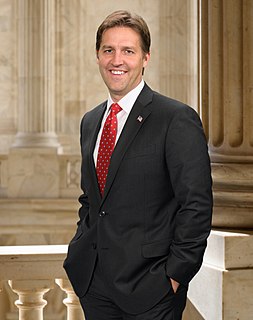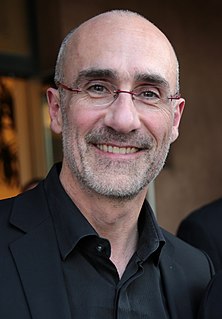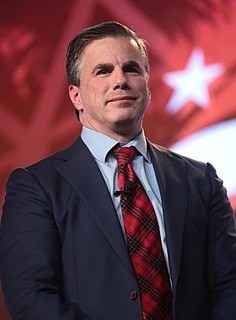A Quote by Jacob Weisberg
If Obama succeeds in turning health insurance and funding for college into universal entitlements, he will have expanded Washington's obligations on the scale of an LBJ or an FDR.
Related Quotes
The real number of the US' obligations, unfunded obligations that we're passing on to our future generates is more like $70 trillion to $75 trillion. The vast majority of that is health entitlements - Medicare, Obamacare, Medicaid. There's also Social Security, interest on the debt. But fundamentally, health entitlements are the thing that will bankrupt our kids. We need to fix that for the long-term.
At the heart of President Barack Obama's health-care plan is an insurance program funded by taxpayers, administered by Washington, and open to everyone. Modeled on Medicare, this 'public option' will soon become the single dominant health plan, which is its political purpose. It will restructure the practice of medicine in the process.
As a physician and a U.S. senator, I have warned since the very beginning about many troubling aspects of Mr. Obama's unprecedented health-insurance mandate. Not only does he believe he can order you to buy insurance, the president also incorrectly equates health insurance coverage with medical care.
I think we should have a universal, a shared cultural or societal goal, of universal health insurance coverage. That's completely different from saying the government can solve all of those problems, or that it can micromanage every aspect of the health delivery system. I think we know that it can't do that.
The president recognizes that funding global health is good for national security, domestic health and global diplomacy. Consequently, President Obama has steadily increased funding for the President's Emergency Plan for AIDS Relief, or PEPFAR, which was created by President Bush and has strong bipartisan support.
People just want to see something happen that is positive for them in their lives. If you're struggling to pay your student-loan debts, or if you've got a kid trying to go to college and don't think you're going to be able to afford it, it really matters whether you get help or not. If you don't have health care or you have insurance but the insurance company won't pay for what your doctor says you need, then what's the point of people arguing in Washington? Why don't you give me some help to fix this problem? I will work with anybody if I think we can actually produce results for people.
































